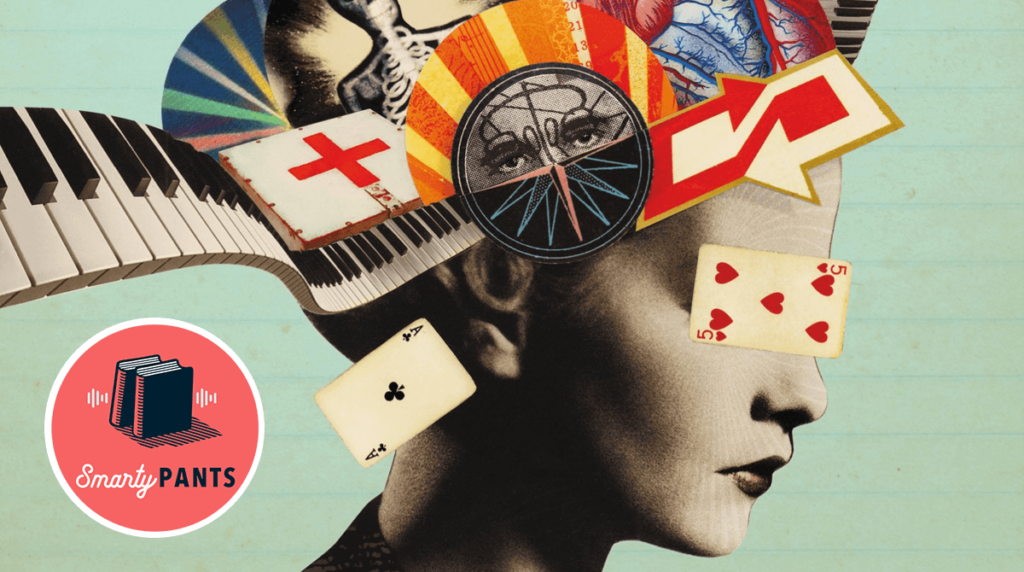Wonderbrain
Inside the extraordinary minds of people who feel others’ emotions, hear hallucinations, and get lost in their own homes

The most unusual brains are not the largest, nor the ones that can remember the most digits of the number pi. What fascinates Helen Thomson—a neuroscientist by training, a journalist by trade—are the brains that see auras, feel another’s pain, or play music around the clock. In her new book, Unthinkable, she travels the globe to find out what life is like for these people who perceive a completely different world than she does. How does a man who believes he’s a tiger live in a human community? How can a father who believes that he’s dead go to dinner with his kids? What’s it like to be lost in your own living room? The answers can teach you something about your own noggin.
Go beyond the episode:
- Helen Thomson’s Unthinkable
- Read her interview with a dead man—or at least, a man who thinks he’s dead
- Scientific American lists 10 of the biggest ideas in neuroscience of the 21st century
- Meet the scientists who discovered the brain’s internal GPS
- Think you might be a synesthete? Take neuroscientist David Eagleman’s “Synesthesia Battery” questionnaire to measure your perception
Tune in every week to catch interviews with the liveliest voices from literature, the arts, sciences, history, and public affairs; reports on cutting-edge works in progress; long-form narratives; and compelling excerpts from new books. Hosted by Stephanie Bastek.
Subscribe: iTunes • Feedburner • Stitcher • Google Play • Acast
Download the audio here (right click to “save link as …”)
Have suggestions for projects you’d like us to catch up on, or writers you want to hear from? Send us a note: podcast [at] theamericanscholar [dot] org. And rate us on iTunes!
Our theme music was composed by Nathan Prillaman.

